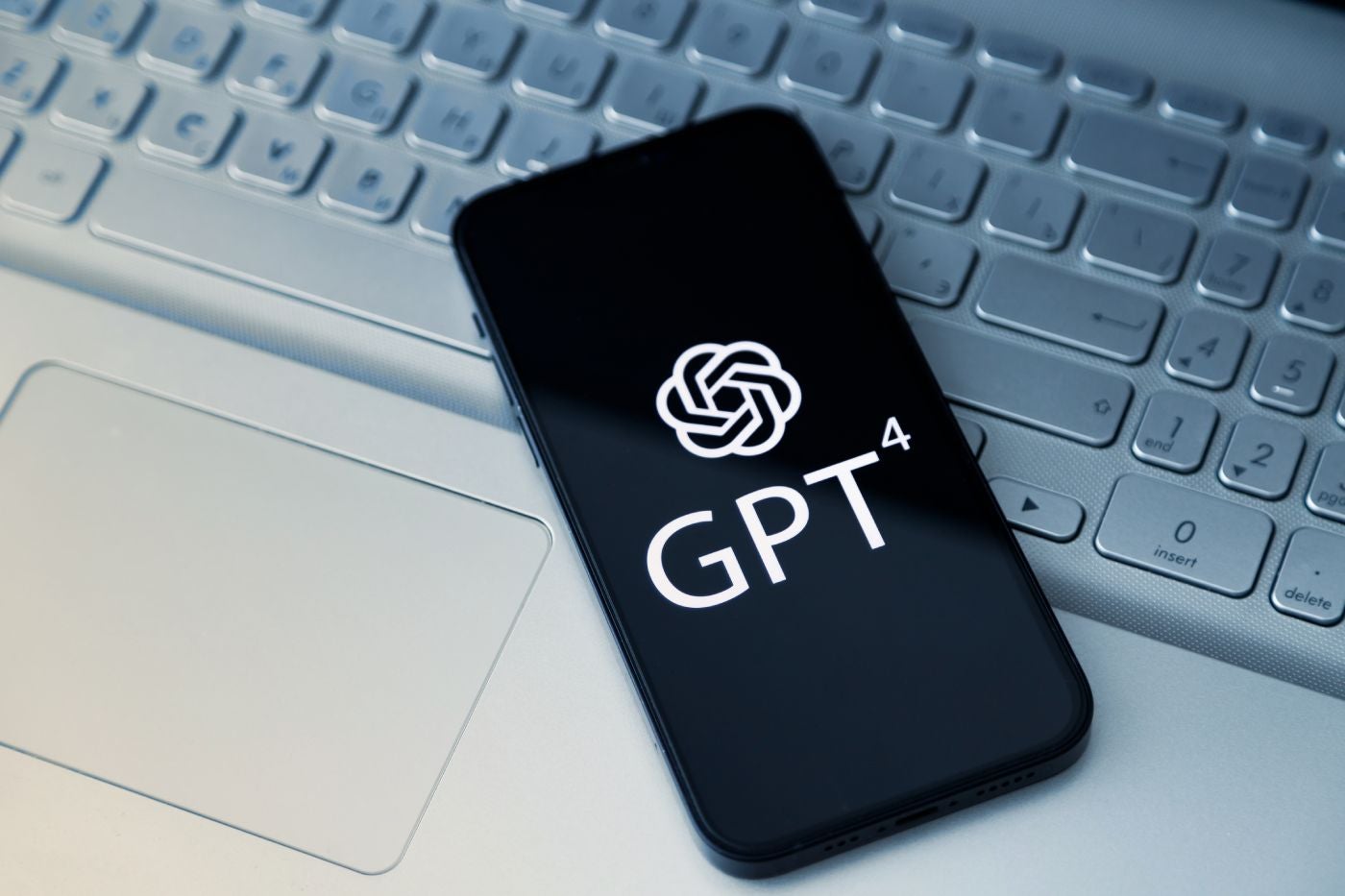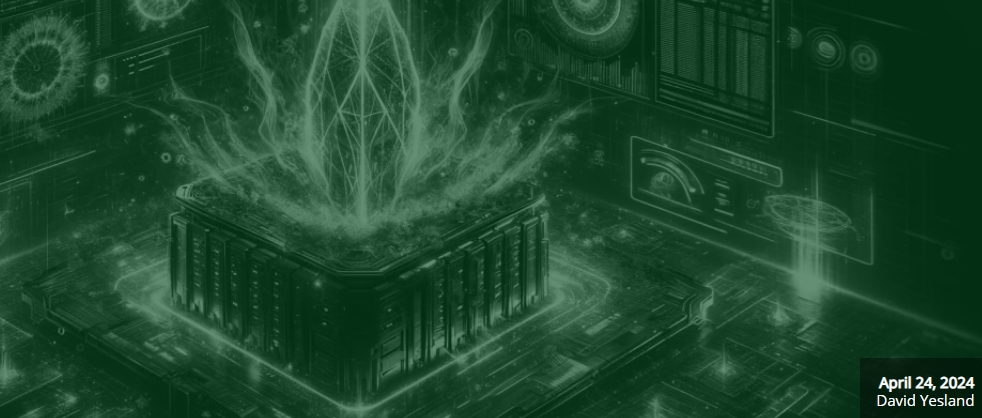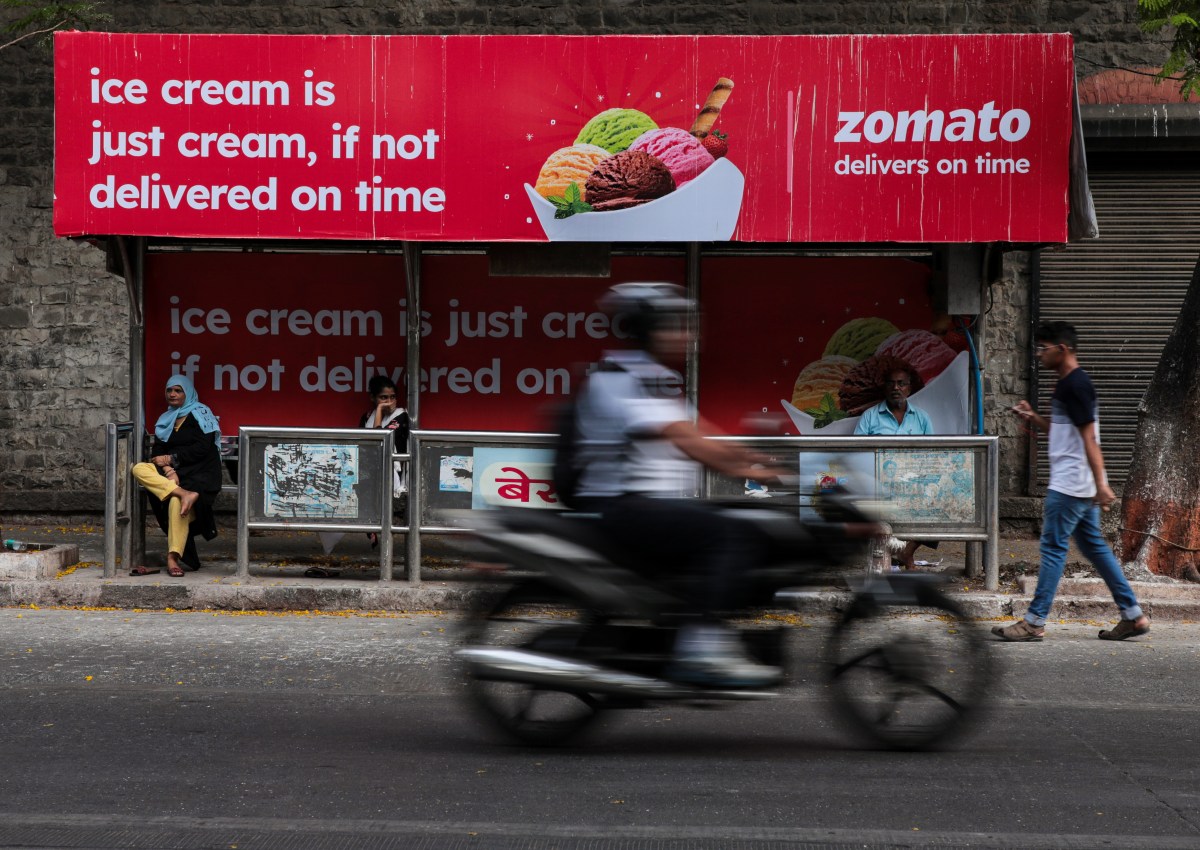
Zoom justice Covid-19 has pushed English lawyers online
M ORE THAN a year ago, a typical working day for Danielle Manson might have begun with a two-and-a-half-hour railway journey from London to Leeds. She might then travel to Bradford, before spending over three hours on the train back to London. At each stop she would rush into a court building, don a wig and spend 15 minutes deciding the parameters of an upcoming case.
Such a schedule never made much sense, and covid-19 made it impossible. But Ms Manson and the legal system as a whole have found ways to keep working over the past year, which are in some respects superior to what they did before. The year has served as an extended pilot for video-conferencing—something hitherto viewed with suspicion by a conservative judiciary. Ms Manson hopes that pre-trial administration, which accounts for half of her work, will remain online.
The Cloud Video Platform, a sort of Zoom for courts, was scheduled for a small-scale test before the pandemic struck. It quickly became widespread. Technologically disagreeable courtrooms and prisons were fitted with special kit. Before that happened, “it was like trying to run video-conferencing through old dial up Wi-Fi,” says one senior barrister. More than 20,000 hearings now use remote technology each week, up from 550 in March 2020, according to the Ministry of Justice. The technology has been used for everything from divorce proceedings to a 12-week High Court trial.










